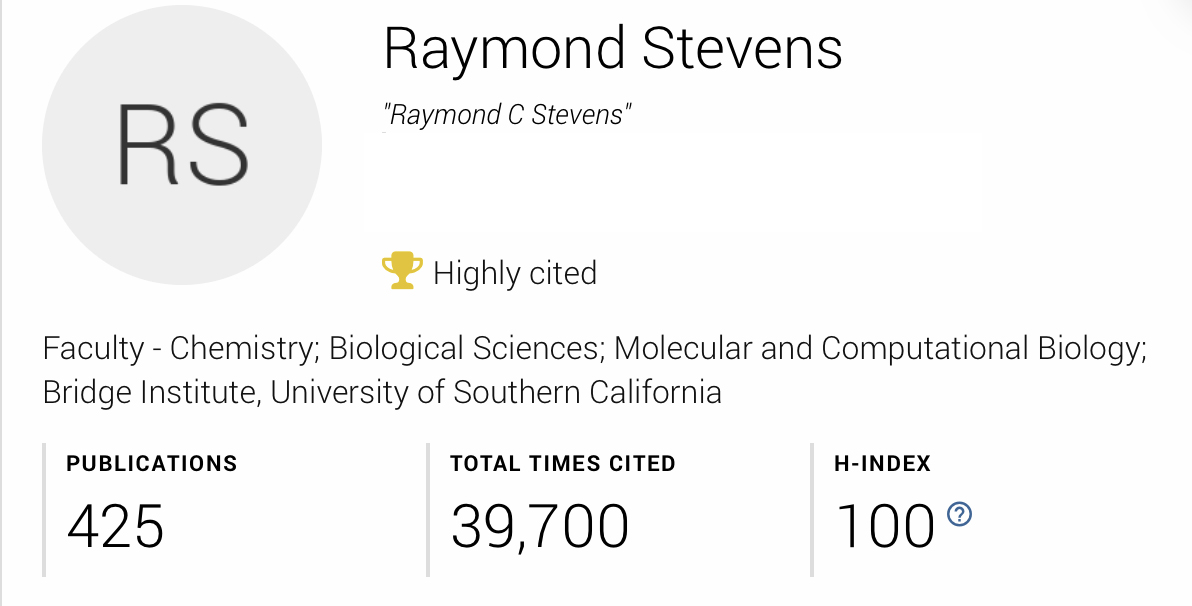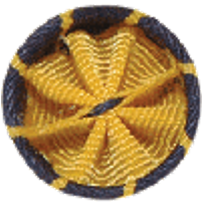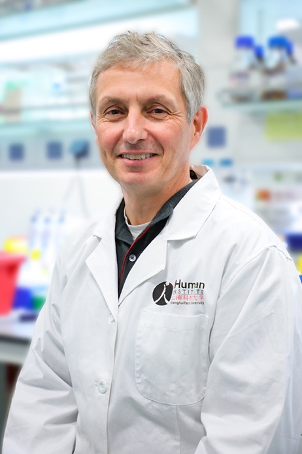Recently, iHuman Founding Director Raymond Stevens was identified as a highly cited researcher for his exceptional research influence, demonstrated by the production of multiple highly-cited papers that ranked in the top 1% by citations for field and year in the Web of ScienceTM. This is the 7th year in a row he has achieved this accomplishment.

Each year, ClarivateTM identifies the world’s most influential researchers ─ the select few who have been most frequently cited by their peers over the last decade. In 2020, fewer than 6,200, or about 0.1%, of the world's researchers, in 21 research fields and disciplines, have earned this exclusive distinction.
The list of 2020 recipients:
https://recognition.webofscience.com/awards/highly-cited/2020/
Moreover, Raymond Stevens was also elected as American Association for the Advancement of Science Fellow (AAAS Fellow) for his important contributions to science, including pioneering research, leadership within his field, teaching and mentoring, fostering collaborations, and advancing public understanding of science. In October 2020, the AAAS Council elected 489 members as Fellows of AAAS. Election as a Fellow honors members whose efforts on behalf of the advancement of science or its applications in service to society have distinguished them among their peers and colleagues.

The newly elected AAAS Fellows will receive rosette pins in gold and blue, colors symbolizing science and engineering.
AAAS Announces Leading Scientists Elected as 2020 Fellows:
https://www.aaas.org/news/aaas-announces-leading-scientists-elected-2020-fellows

In November of 2012, Dr. Stevens founded ShanghaiTech’s iHuman Institute together with Professor Liu Zhi-Jie. The institute is focused on integrating data across different spatial and temporal scales to build an atomic resolution model of the human body in order to better understand disease, detect disease faster, and develop better and safer next generation medicines.

